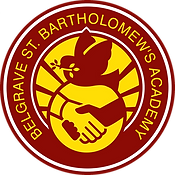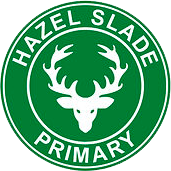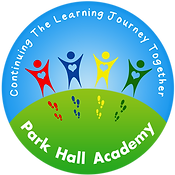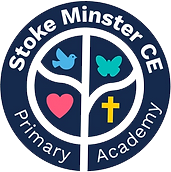Music Intent
At The Whitchurch Church of England Federation, we ensure that all children have the skills and opportunity to listen to, appraise, compose and perform a variety of music from across different genres, historical periods, styles and traditions.
We aim for all children to develop skills to perform and compose with increasing musicality. Children will learn to sing and use their voices to compose and create, learn a musical instrument and develop their skills on this instrument throughout their time in school and embrace technology to enhance their musical journey. This is all underpinned with a secure understanding of the interrelated dimensions of music.
Children are supported to build on their prior knowledge and skills to make consistent progress in their musical learning journeys.
All children have the opportunity to share their musical journey with classmates, our wider school, families and local community.
Music Key Knowledge
At The Whitchurch Church of England Federation, we follow the Kapow Primary Music Scheme. Each half term, the children complete one module of the scheme. At certain times in the year, some year groups may work on a show instead of a Kapow module.
To support our children in their musical journey, they are introduced to key vocabulary and concepts from EYFS. The children then build on their existing knowledge and skills as they progress through each year at school.
Each year group has key progress indicators in each area of music to work towards. The children are assessed against these throughout to ensure they are ready to make the next steps in their musical learning journey.
Cultural Capital
Cultural capital is the collection of skills and experiences which children need to help them to develop their individual aspirations and thrive in the wider world.
Our musical curriculum is enhanced by a number of additional opportunities for musical experiences with cross curricular links both in school and the wider community. These include:
- Song-writing and instrumental workshops.
- Singing phonics sessions.
- Performing their own composition of a musical production at the end of a year.
- Whole school workshops, including performance for parents.
- EYFS Christmas shows, Y2 Nativity, Year 6 Show, class assemblies and End of year concerts, carol concerts
- Weekly musical worship, including input from our church Reverend.
Cross Curricular links
The skills and knowledge the children use in Music complement those in the rest of the curriculum. These are just some of the ways that Music links to other areas of their study:
Reading of new vocabulary, research into different genres and composers and reading of stave notation and graphic scores all contribute to the reading progression in our school. Singing phonics workshops support EYFS and Year 1 in their phonics progression.
Opportunities in KS1 & KS2 are provided to produce high quality written appraisals of compositions and performances. Opportunities to write lyrics and set them to music.
Counting and fractions skills are supported through the teaching of tempo, pulse and rhythm in EYFS, KS1 and KS2, and stave notation in KS2.
Through 1:1 iPad use in KS1 & KS2, children embrace online research and are introduced to simple musical software programmes.
Singing develops English speaking skills for our EAL children throughout school.
As their musical journey progresses, children develop an understanding of how instruments are made and how sound is produced and captured.
In EYFS, children begin to express their response to sounds in their artwork, representing noise and movement with their marks. These early skills are developed into graphic scores in KS1 & KS2.
Strong links with our church provide opportunities to show our musical skills in weekly worship and other performances to celebrate religious events such as Christmas, Eid, Easter, Harvest, Chinese New Year and Diwali.
Musicality
One of the most important parts of our musical teaching is to develop the musicality of our children. This does not just mean having an understanding of vocabulary, or playing a piece of music note for note. In order to increase our children’s musicality we model and promote confidence, expression, correct instrumental technique, phrasing, breathing techniques and enthusiasm in our teaching.























